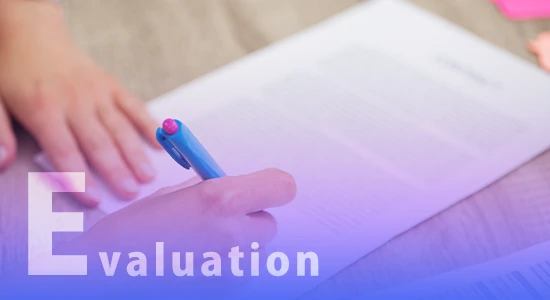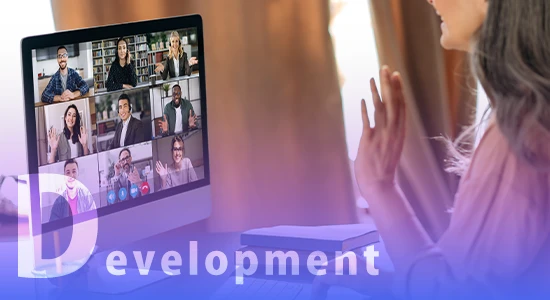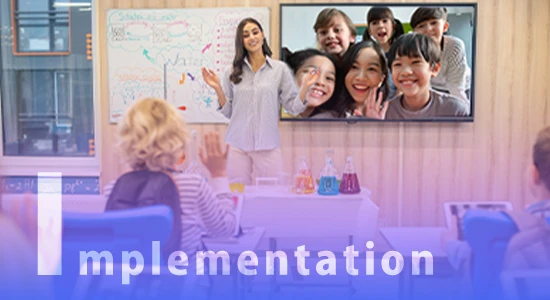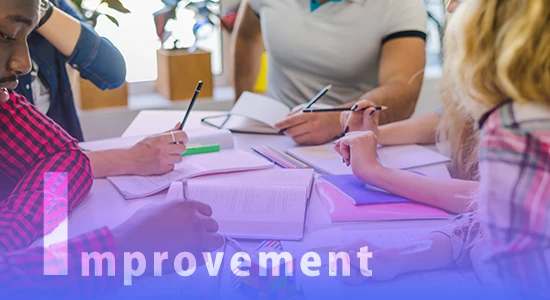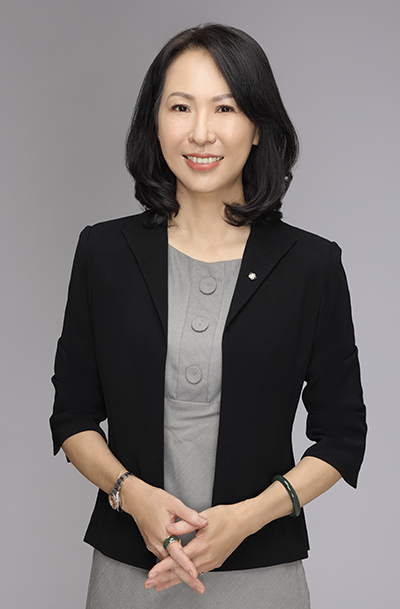The four phases of the implementation process.
E.D.I.I. refers to the Evaluation, Development, Implementation, and improvement of four consecutive phases.
Simultaneously, it can be applied to facilitate coordinating collaborative tasks, managing work schedules, tracking execution progress, and ensuring effective team collaboration, and communication.
1. Evaluation
This phase is dedicated to identifying and evaluating the teaching status and institutional resources of potential participants.
2. Development
During this phase, the key point is to assist in establishing COIL partnerships between potential participants and other schools in different countries.
3. Implementation
The highlight of this phase is the implementation of the Co-blended learning model, guiding students from different geographical locations to engage in international collaborative learning activities.
4. Improvement
This phase is dedicated to collecting feedback, learning achievement, learning results, and learning effectiveness analysis from all participants.

